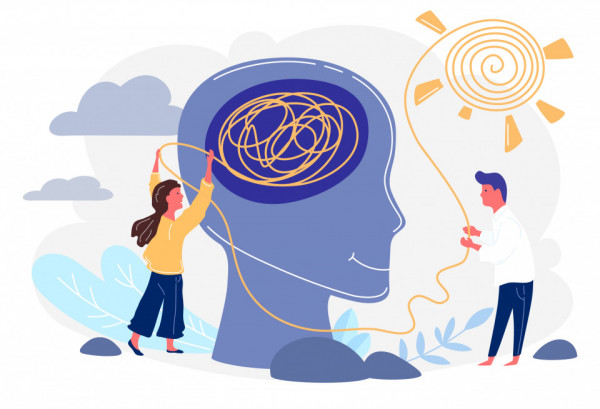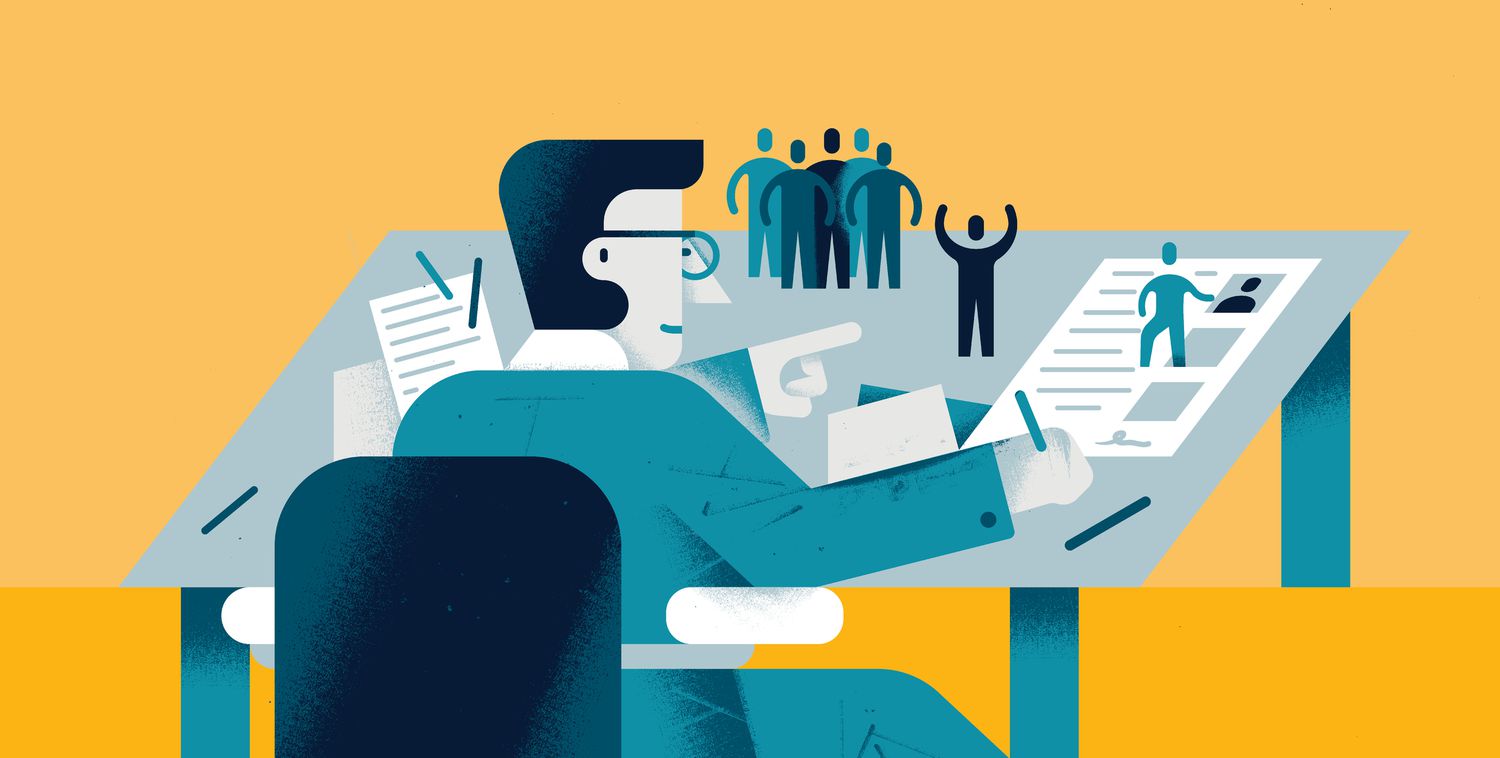Essential Guide to Higher Education
Navigating choices, building skills, and creating a path to professional excellence
Understanding the Higher Education Landscape
The higher education landscape offers numerous pathways to professional growth and personal development. From traditional academic degrees to specialized professional diplomas and targeted skill certifications, today's learners have more options than ever before. Navigating this complex terrain requires careful consideration of your goals, learning preferences, and career aspirations.
Why This Guide Matters
Making informed decisions about higher education can significantly impact your career trajectory, earning potential, and professional satisfaction. This guide provides essential frameworks and considerations to help you select, pursue, and maximize your educational experience.
Assessing Your Educational Needs
Before exploring specific programs, taking time to reflect on your personal educational needs and goals is crucial. This self-assessment forms the foundation for making aligned choices.
Define Your Career Objectives
Consider both short-term and long-term career goals. Are you looking to advance in your current field, pivot to a new industry, or develop specialized expertise? Your educational choices should directly support these professional objectives.
- Research roles you aspire to and identify their educational requirements
- Speak with professionals in your target field about valuable credentials
- Consider industry trends and emerging skill demands
Identify Your Learning Style
Understanding how you learn most effectively can guide your program selection. Consider whether you thrive in structured environments with frequent feedback or prefer self-directed learning with flexible pacing.
- Reflect on past learning experiences that were most productive
- Consider your schedule constraints and lifestyle factors
- Assess whether you prefer theoretical or practical learning approaches
Self-Assessment Questions
What specific skills or knowledge do I need to acquire to reach my professional goals?
What time commitment can I realistically make to my education given my current responsibilities?
What educational format (in-person, online, hybrid) best suits my learning style and circumstances?
What credentials are most valued in my target industry or role?
What is my timeline for completing education and transitioning to the next professional stage?
Types of Higher Education Programs
The higher education ecosystem encompasses diverse program types, each serving different learning needs, timeframes, and career objectives. Understanding these options helps you select the most appropriate path.
| Program Type | Duration | Best For | Key Benefits |
|---|---|---|---|
| Professional Diplomas | 6-12 months | Career-focused skill development | Industry-relevant skills, shorter completion time, practical focus |
| Specialized Certificates | 3-6 months | Targeted skill acquisition | Focused learning, quick completion, immediate application |
| Executive Education | Days to weeks | Mid-career professionals | Leadership development, advanced skills, networking |
| Bachelor's Degrees | 3-4 years | Comprehensive foundation | Broad knowledge base, recognized credential, career versatility |
| Master's Programs | 1-2 years | Advanced specialization | Deep expertise, research skills, career advancement |
| Professional Workshops | Hours to days | Specific skill gaps | Immediate application, minimal time commitment |
Note: Program durations and formats may vary across institutions. Al Mithaq Institute specializes in professional diplomas and specialized certificates designed for efficient skill development and career enhancement.
Evaluating Educational Institutions
The quality and reputation of the institution providing your education significantly impacts the value of your credentials. Here are key factors to consider when evaluating educational providers:
Accreditation and Recognition
Verify that the institution holds proper accreditation from recognized authorities. In Dubai, accreditation from the Knowledge and Human Development Authority (KHDA) ensures that programs meet rigorous quality standards.
Faculty Expertise
Research the qualifications and experience of instructors. Faculty with both academic credentials and industry experience can provide valuable practical insights alongside theoretical knowledge.
Curriculum Relevance
Examine course content to ensure it addresses current industry practices and emerging trends. Outdated curricula may not prepare you adequately for today's professional environments.
Learning Resources and Support
Assess available resources including libraries, digital materials, career services, and academic support. These complementary services enhance your educational experience and outcomes.
Graduate Outcomes
Where possible, investigate the professional outcomes of program graduates. This might include employment rates, career advancement, and satisfaction measures.
Flexibility and Delivery Options
Consider whether the institution offers learning formats that match your needs, such as evening classes, online options, or blended learning approaches.
Institution Evaluation Checklist
Verified accreditation status
Reviewed faculty backgrounds
Examined detailed curriculum
Assessed available resources
Researched alumni outcomes
Confirmed compatible learning formats
Maximizing Your Higher Education Experience
Once enrolled in a program, taking a strategic approach to your learning experience can significantly enhance the value and impact of your education.
Set Clear Learning Objectives
Establish specific goals for each course or module beyond simply completing assignments. Identify the key skills and knowledge you want to develop and how they connect to your career aspirations.
Action Step:
Create a personal learning plan that outlines targeted outcomes for each component of your program.
Build Professional Networks
Actively engage with instructors, guest speakers, and fellow students to develop valuable professional connections. These relationships can provide mentorship, job opportunities, and industry insights.
Action Step:
Participate in group projects, discussion forums, and networking events associated with your program.
Apply Learning Continuously
Look for opportunities to apply new concepts and skills in real-world contexts immediately. This reinforces learning and demonstrates the practical value of your education to current or prospective employers.
Action Step:
Identify projects at work or volunteer opportunities where you can implement your developing expertise.
Additional Strategies for Success
- Develop effective time management systems to balance educational commitments with other responsibilities
- Seek feedback regularly from instructors and peers to identify areas for improvement
- Maintain a portfolio of projects and assignments that demonstrate your growing capabilities
- Explore complementary learning resources beyond required materials to deepen understanding
- Connect with alumni who have completed your program to gain insights on maximizing its value
Al Mithaq Institute: Your Partner in Higher Education
At Al Mithaq Institute, we understand the important role higher education plays in professional advancement and personal growth. Our programs are designed with several distinguishing features:
Industry-Aligned Curriculum
Our programs are developed in consultation with industry experts to ensure they address current market needs and emerging trends. This alignment ensures that your education translates directly to workplace relevance.
Experienced Faculty
Learn from instructors with extensive academic qualifications and professional experience. Our faculty brings real-world insights to the classroom, enriching theoretical concepts with practical applications.
Flexible Learning Formats
Choose from in-person, online, and hybrid learning options to accommodate your schedule and learning preferences. Our flexible approach makes quality education accessible to busy professionals.
KHDA Accreditation
All programs at Al Mithaq Institute are accredited by Dubai's Knowledge and Human Development Authority, ensuring they meet rigorous quality standards and providing you with recognized credentials.
Our Educational Philosophy
We believe that effective higher education balances theoretical knowledge with practical application, develops both technical and soft skills, and prepares learners for the dynamic demands of today's professional environment. This philosophy informs every aspect of our program development and delivery.
Ready to Begin Your Educational Journey?
Explore Al Mithaq Institute's diverse range of professional diplomas and specialized training programs designed to advance your career and expand your professional capabilities.
Frequently Asked Questions
For more information about our higher education programs, contact Al Mithaq Institute:







